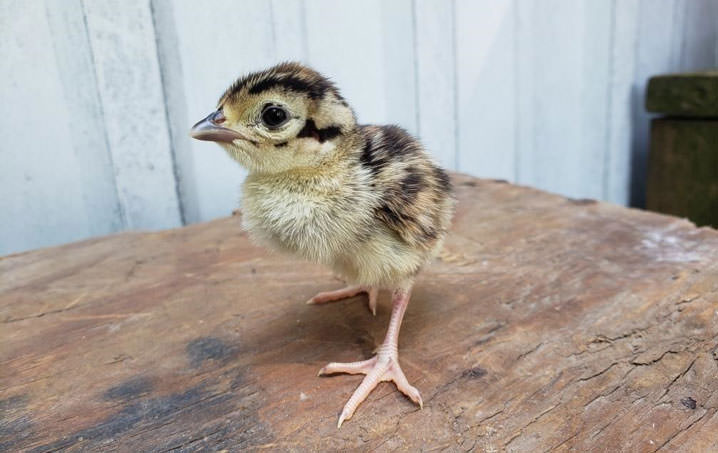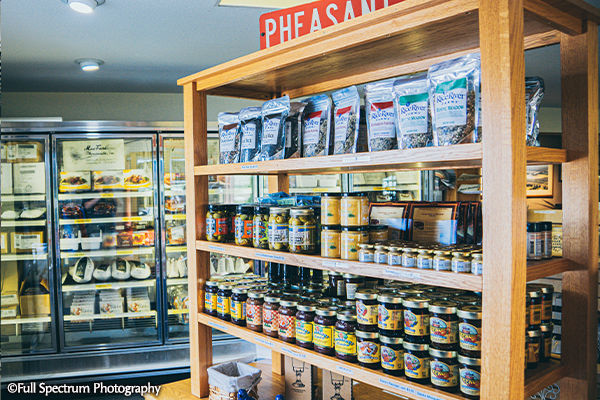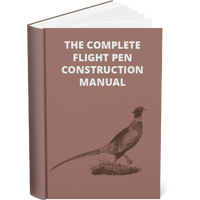More Details About The Effects of Summer Heat at MacFarlane Pheasants!
 Flight Pens
Flight Pens
- The ground cover either doesn’t grow or gets burned up by the heat and lack of rain. This week we had significant rainfall in Janesville, WI, which was very helpful!
- Pens with poor cover need to be irrigated daily, increasing the cost of electricity, fuel, and machinery use.
- Pheasants in poor cover flight pens must be placed at half density to reduce fighting and picking (no place to hide from aggressive birds).
- Excessive heat decreases birds’ appetites resulting in slower growth and possible tail loss.
- Algae grow on plassons (waterers in pens), so plassons need to cleaned regularly.
- Roosters will fight and become aggressive to other roosters and hens in pens, leading to damaged tails and possible death.
- Droughts and excessive heat will attract predators looking for food and a water source.
- Pushing birds in extreme heat will cause birds to get overheated, stressed, and possibly die. We minimize this movement to the morning hours when it is cooler for this reason.
- During shipments, once pheasants are placed in crates, we have a driver drive the birds around to keep airflow to the birds until they are ready to leave for delivery.
Barns
- Ventilation (fans) run continually, which increases the cost of electricity.
- Brooding side temperatures can reach over 105+ degrees.
- Chicks will group tightly around nipple lines causing water leaks which cause chicks to pile up, causing high death loss. We need to keep birds active in barns.
- Birds moving to outside flight pens need to be caught in the morning when it’s cool to decrease stress and death loss.
Staff
- Farm staff transition to a summer schedule (5:30 am-2:30 pm). This schedule helps us to complete most of our work during the cooler hours to ensure limited stress on birds and employees.
- Process crew will start catching at 5 am (sometimes earlier) and catch till 10-11 am to ensure birds are being moved when the temperatures are still favorable.
Breeders
- Increased heat decreases the hens’ appetite which causes weight loss and reduced egg production.
- Extreme heat can lower egg production and possibly knock them out of production.
- Stress may cause hens to molt.
- Males lose sperm potency, and decreases egg fertility.
Production continues to be positive due to the excellent work of our MacFarlane Pheasant employees in carrying out the procedures necessary to protect our birds from extreme heat conditions.
Related Posts
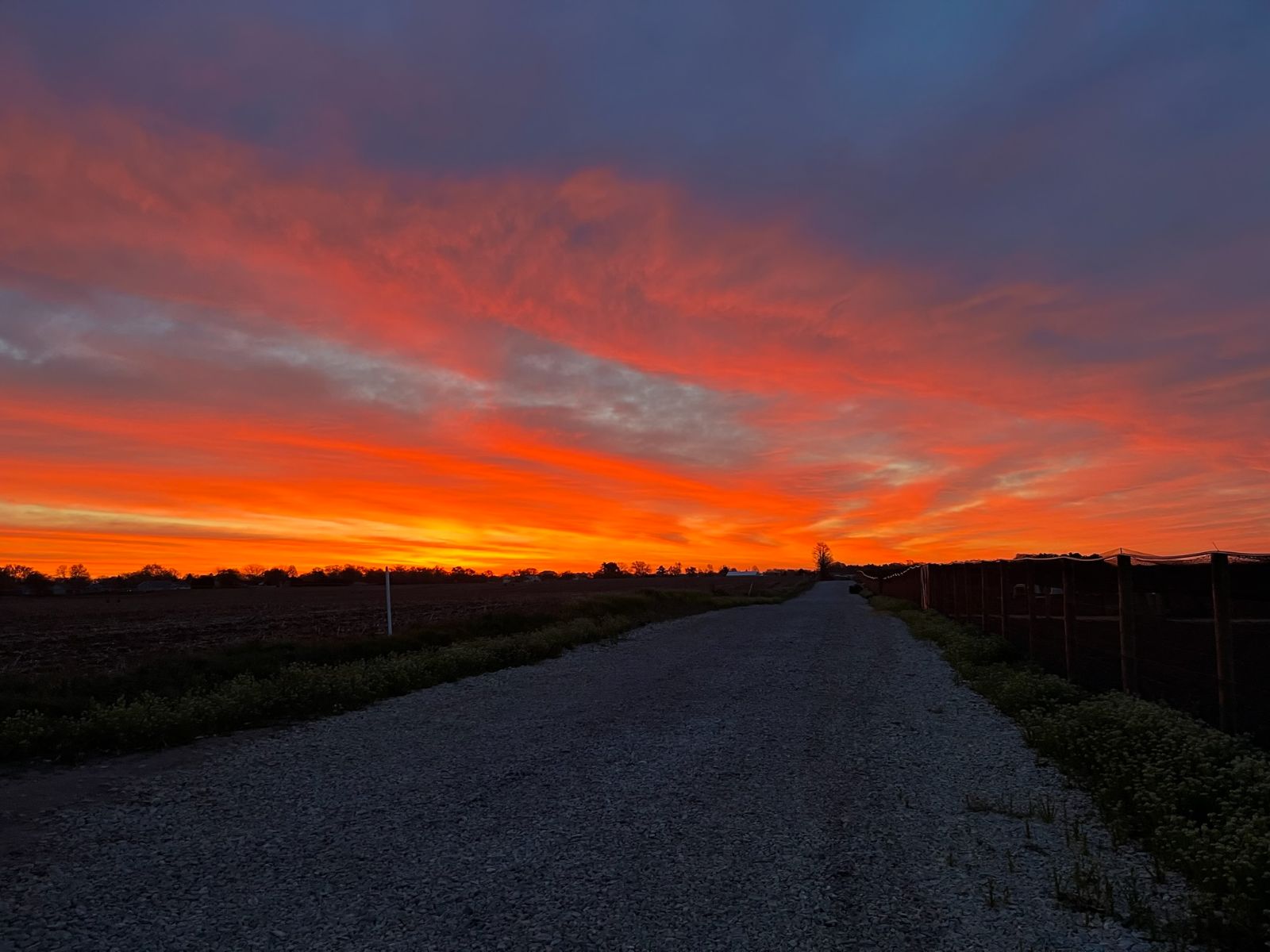
A Journey of Expansion: Jim Clark’s Legacy & Our New 16 Acres of Pheasant Pens
Read Post
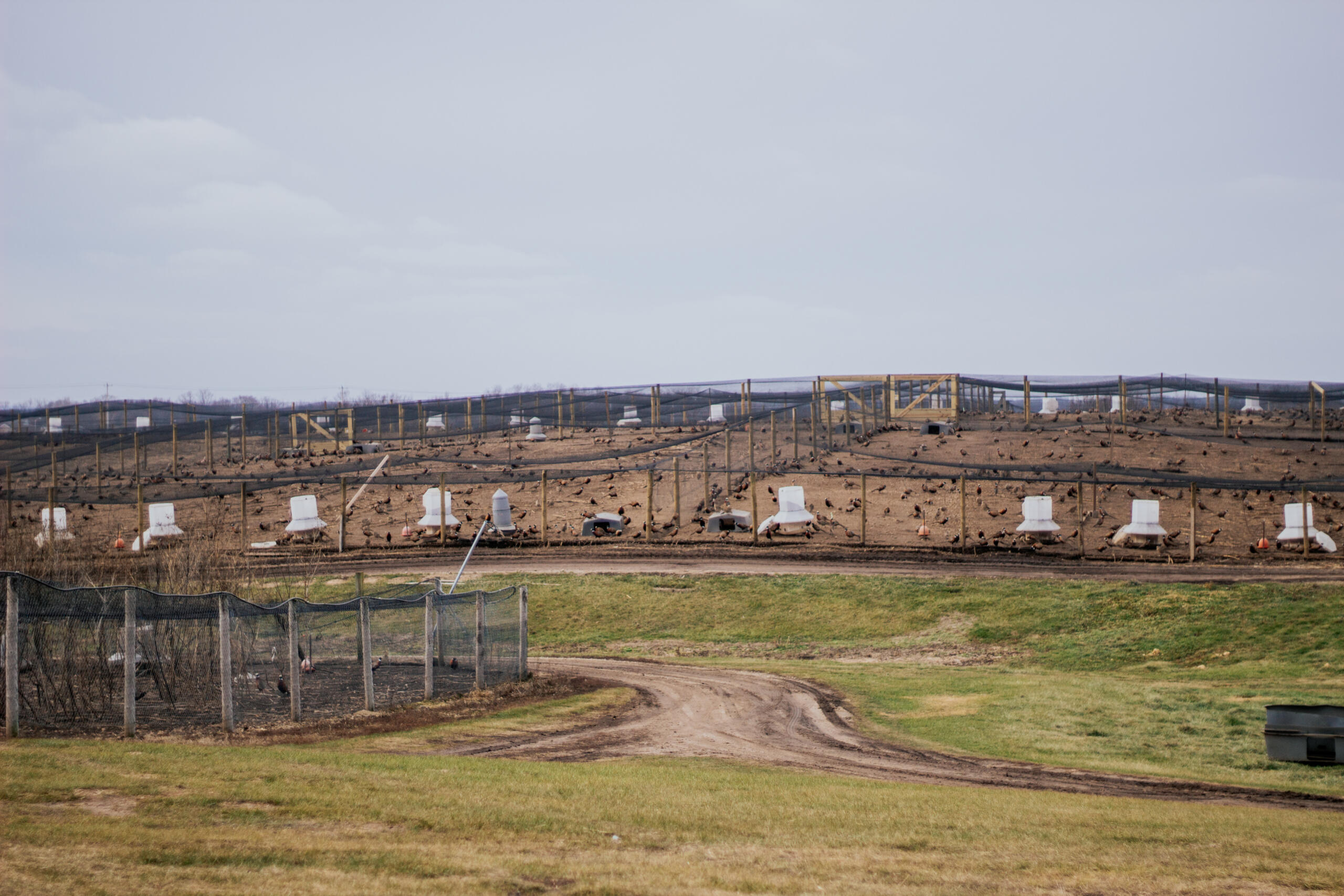
Preparing Our Barns & Pens Each Spring
Read Post
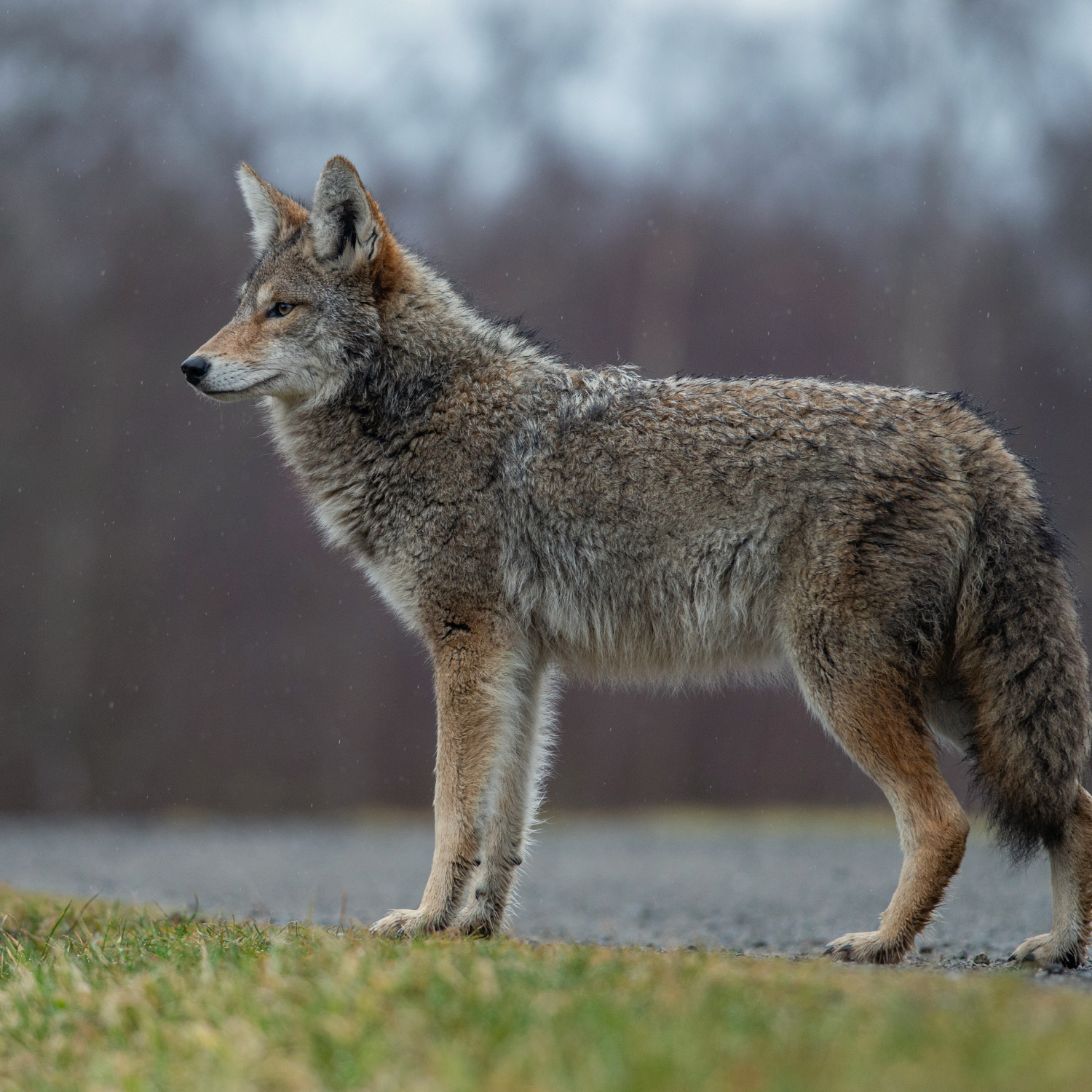
A Pheasant Farm’s Most Wanted List
Read Post
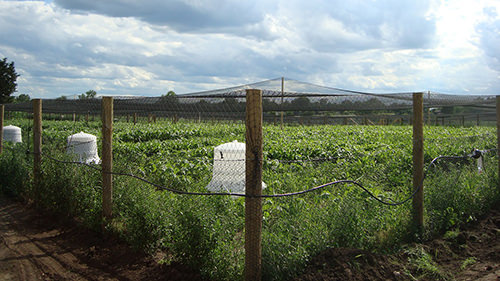
Cover Management in Flight Pens
Read Post
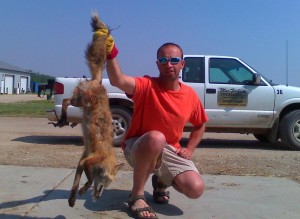
Thieves in the Night
Read Post
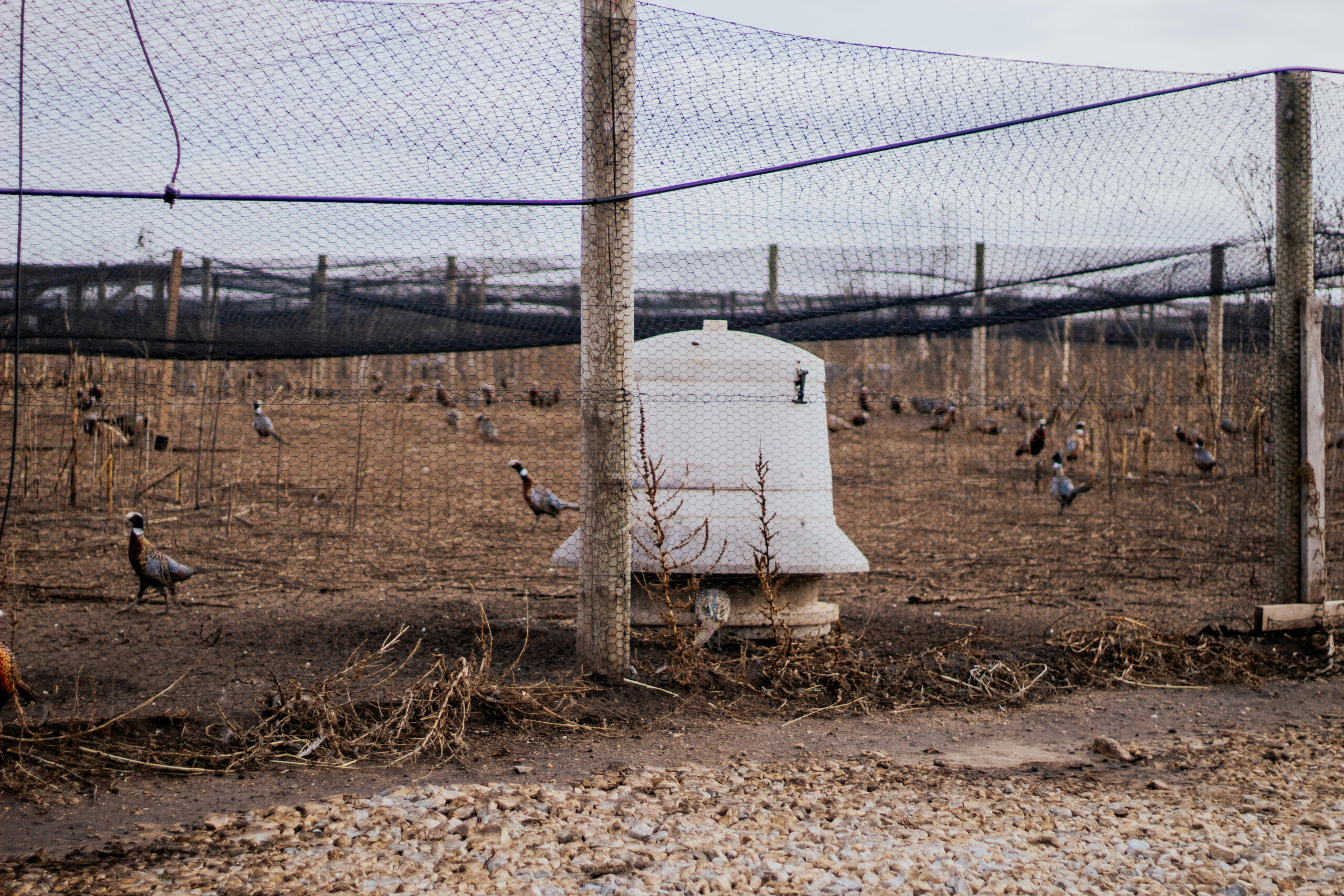
Fixing Feeder Issues in The Outside Pens
Read Post
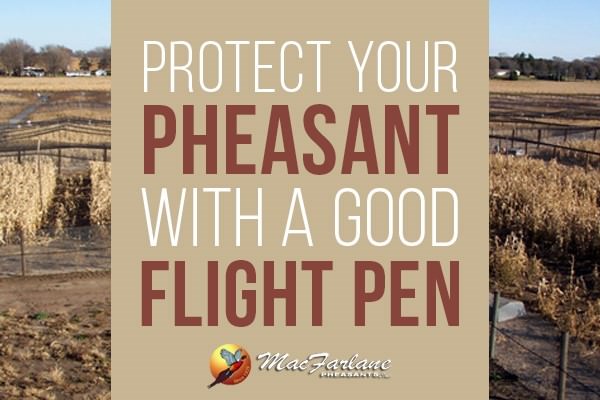
Flight Pen Mortality Protection
Read Post
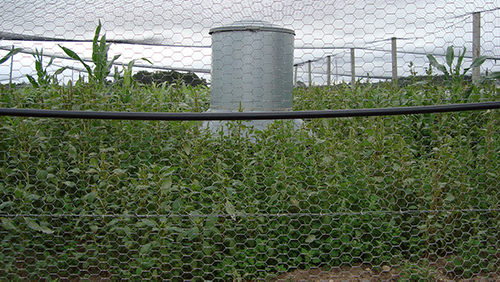
How To Construct Durable Pheasant Flight Pens
Read Post
Take Advantage of These Free Resources
As the biggest game bird farm in the United States, we want to share our experience with you. Download our free resources below and get started.


